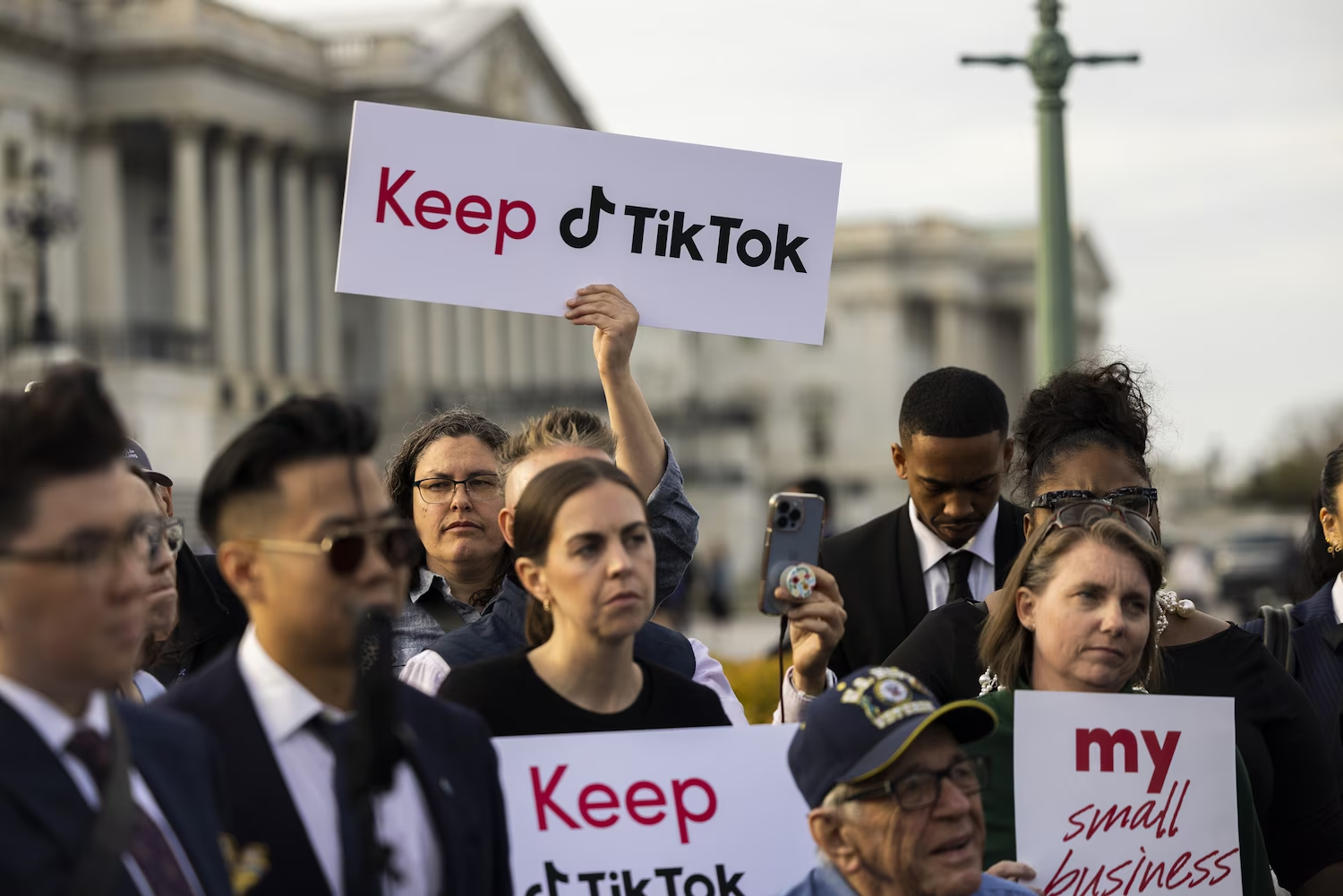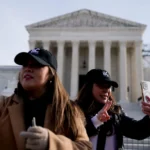TikTok filed an emergency motion on Monday to temporarily halt a nationwide ban set to take effect on January 19, 2025. The company is requesting time for the U.S. Supreme Court to review the law, which threatens to block access to the app unless its ownership changes.
This move follows TikTok’s defeat in a federal appeals court last week, where a panel of judges upheld the measure citing national security concerns. The platform, with over 170 million U.S. users, contends the ban infringes on First Amendment rights by denying Americans access to a significant platform for public expression.
Government’s Opposition
The Department of Justice (DOJ) has urged the federal court to reject TikTok’s request for a temporary injunction, asserting the law addresses critical national security threats.
“The Court … has definitively rejected petitioners’ constitutional claims in a thorough decision that recognizes the critical national-security interests underlying the Act,” DOJ attorneys argued.
The DOJ plans to file a formal opposition motion by Wednesday but has asked the court to dismiss TikTok’s request preemptively.
What’s at Stake?
The ban, which would come into effect just one day before the inauguration of President-elect Donald Trump, has sparked significant debate. Trump has signaled plans to reverse the ban if enacted, leaving TikTok’s future uncertain.
A legal pause would give the new administration time to decide its approach toward the app, TikTok argued.
The company’s parent, ByteDance, has consistently denied allegations of data sharing with the Chinese government or content manipulation. However, U.S. officials and the court have emphasized national security concerns, citing potential data collection risks and misinformation threats.
Key Court Rulings
The D.C. Circuit Court of Appeals rejected TikTok’s argument on First Amendment grounds, stating that national security concerns outweigh the platform’s free speech claims.
The court highlighted prior instances where the Chinese government allegedly leveraged businesses for data collection, calling such risks “independently compelling national security interests.”
Cybersecurity experts, however, note there is limited evidence that TikTok has shared U.S. user data with Beijing or been asked to do so.
TikTok’s Defense
In a statement, TikTok expressed confidence in its case:
“The Supreme Court has an established historical record of protecting Americans’ right to free speech, and we expect they will do just that on this important constitutional issue. Unfortunately, the TikTok ban was conceived and pushed through based upon inaccurate, flawed, and hypothetical information, resulting in outright censorship of the American people.”
What’s Next?
The Supreme Court’s decision on whether to grant a temporary pause could shape the future of TikTok in the U.S. The case also sets a precedent for balancing constitutional freedoms against national security in the digital age.



